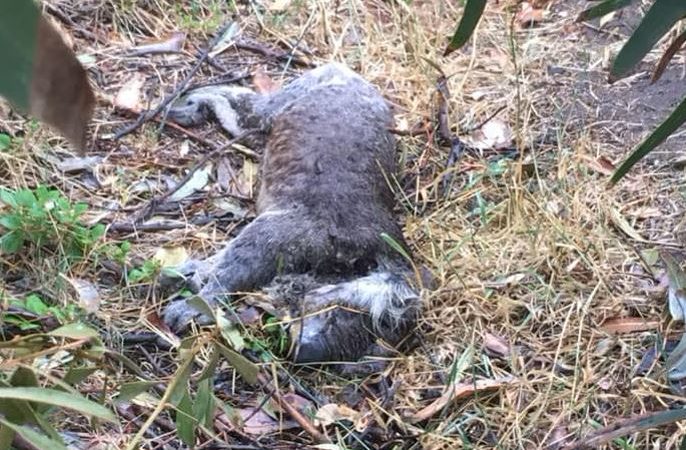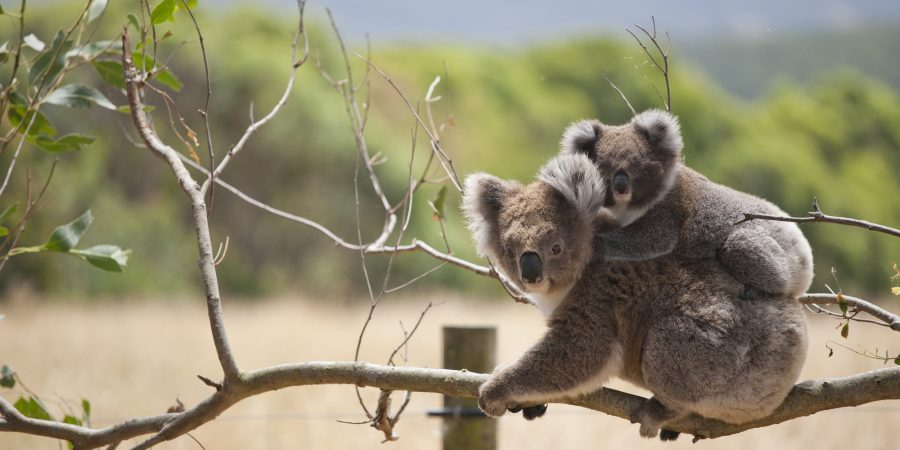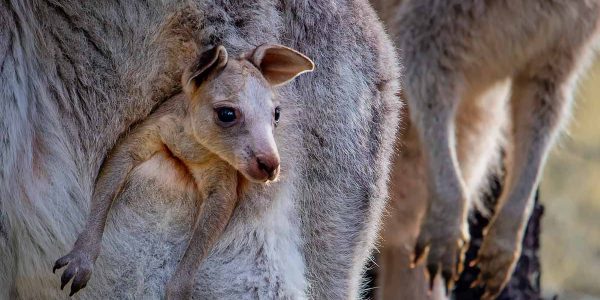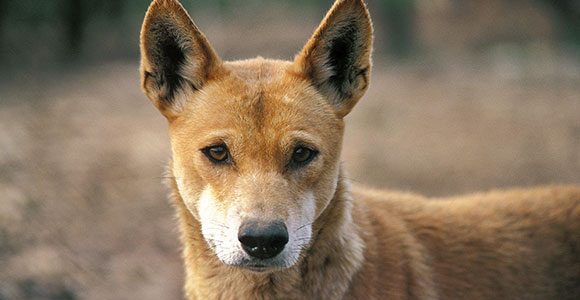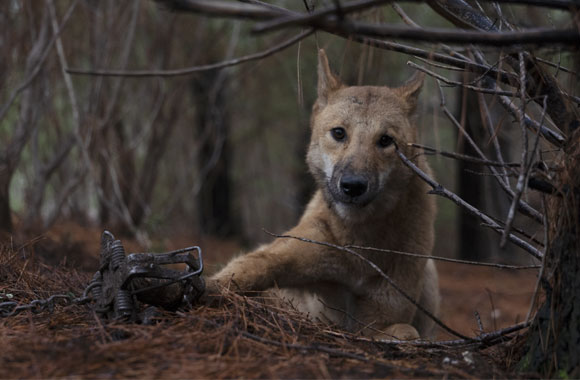When bushfires sweep across Australia, their devastation dominates media headlines, and moves caring people the world over to help wildlife whose homes have been destroyed. The biggest threat to the survival of these animals, however, is something that happens every single day yet attracts far less media coverage…
At least, that was the case until the Cape Bridgewater disaster.
What happened at Cape Bridgewater?
What unfolded on the private property in Cape Bridgewater in Victoria’s southwest can only be described as an animal welfare disaster. Habitat that was home to hundreds of koalas was bulldozed in the midst of the 2020 bushfire crisis – to create pasture land in order to graze farmed animals.
Sadly, land being cleared to graze farmed animals (namely sheep and cattle) happens all the time. This case, however, catapulted the issue into the national spotlight. 2020’s bushfires had destroyed millions of hectares of land, and an estimated one billion animals had lost their lives. Photographs of firefighters and other caring individuals helping terrified, thirsty koalas captured attention and hearts the world over. And at the same time, a bulldozer tore through the home of over 200 koalas.



